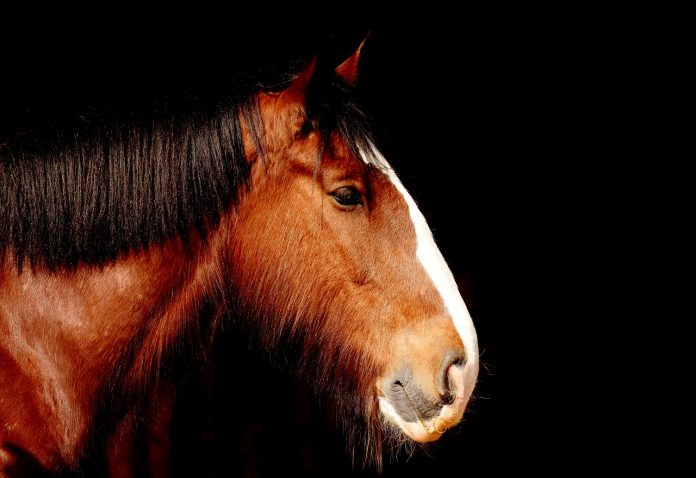Bengaluru: A largely attended funeral of a ‘holy horse’ in a village in Gokak taluk of Karnataka has triggered fears of a Covid cluster emerging. Officials were quick to seal the village for 14 days and start testing for possible Covid cases.
Defying the ‘strict’ Covid lockdown, hundreds of people participated in the funeral of a horse belonging to a mutt. Many believed that the horse was their “guardian deity”. The 24-yearold horse was let loose a few days ago in Ashvamedha style to roam the village to ward off the ongoing second wave of Covid-19. But the horse died on Sunday due to old age.
Covid norms flouted
A video that went viral showed hundreds of people in a funeral procession with the horse’s body in violation of masking and distancing norms. The district police have now registered a case against the villagers who attended the funeral.
The horse was brought to Maradi village from the mutt on May 19 following a request by the villagers who believed that its presence will ward off all evil and plagues, including coronavirus. During the first wave of Covid too, the horse was made to wander in Maradi and villagers said not one person was infected in a population of about 1,200.
Died of old age
The horse, which was let loose on the intervening night of May 19-20 after a puja, returned around 3pm on Thursday after roaming the village. It was found dead in its shed in the early hours of Sunday. Mutt authorities said the horse may have died of old age.
“It has been at the mutt since the age of three,” Manjunath Hukkeri, who donated the horse, was quoted in the media. Hukkeri is a devotee and close aide of seer Pawadeshwara Maha Swamiji of the mutt. This was the third horse he gifted the mutt. Customarily, the mutt horse is not given a name.
Gifting horses a tradition
The Maradi mutt has a tradition of receiving horses as gifts from devotees. Earlier, seers used to ride on them. With the advent of four-wheelers, horses were not used as a travel mode. However, the horses started gaining the status of “guardian deity”, Hukkeri said. “Elders say that in the time of plague and cholera too, mutt horses were left to walk in the village to protect residents,” he said.
He added that “the seer had urged people not to attend the funeral in large numbers due to the pandemic but villagers rushed to pay their respects.”
Taluk health officer Dr Muttanna Koppad was quoted in the media as saying that directives have been issued to conduct 450 tests. So far, 25 villagers have undergone rapid antigen tests and all tested negative. “Due to a shortage of staff, we could not do more testing. From tomorrow, more people will be tested,” he said. RT-PCR tests will be conducted only on those showing Covid-like symptoms, he added.










































